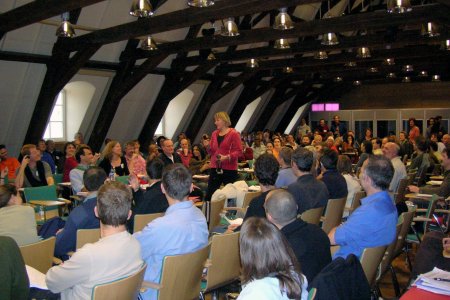 Alain Fredaigue
Analysis
Alain Fredaigue
Analysis
03/22/2024
Eleanor Davey
In this article, historian Eleanor Davey examines the concept of failure in the humanitarian sector through the experience of MSF and its reform process, known as La Mancha, which began in the early 2000s. The text highlights the challenges faced by MSF in recognising and resolving internal inequalities within the organisation.
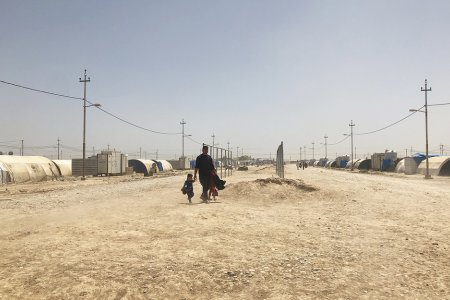 Candida Lobes
Analysis
Candida Lobes
Analysis
12/19/2023
Fabrice Weissman
Challenging the idea that humanitarian actors can act free from politics by virtue of their principles, this chapter argues that the politicization of humanitarian aid is in fact the primary condition for its deployment. Humanitarian actors can only act if they maintain a balance between their own interests and those of people in positions of power. This raises a crucial ethical question: At what point do humanitarian organisations consider that deals reached with political powers cross the blurred but very real line beyond which humanitarian assistance does more harm than good?
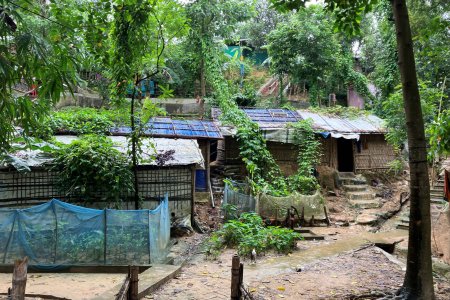 Michaël Neuman
Opinion
Michaël Neuman
Opinion
10/31/2023
Michaël Neuman
This article was published in the London Review of books website on September 8, 2023. The former evokes the dire conditions in which roughly 1 000 000 Rohingyas live in Cox’s Bazar, the largest refugee camp in the world. In this coastal district in south-east Bangladesh, the humanitarian deployment is impressive, but commitment by donors is waning. Between March and June, monthly food allocations fell from $12 to $8 per person. The difficulties of accessing care, the social control to which they are subjected and the lack of prospects are many reasons explaining the perils faced by the Rohingya population.
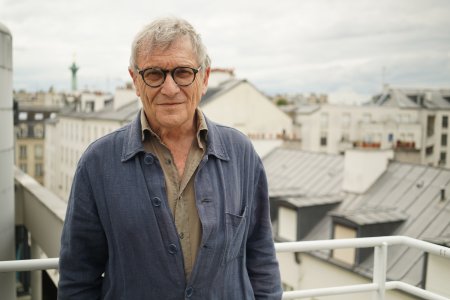 Interview
Interview
10/16/2023
Rony Brauman
This interview by Didier Billion and Marc Verzeroli was originally published in the Revue internationale et stratégique. To examine the concept of de-westernization, Rony Brauman describes the current state of international relations, marked by fluid alliances and new power relationships. He states and details his reservations about whether universal values truly exist and how the international criminal justice system functions.
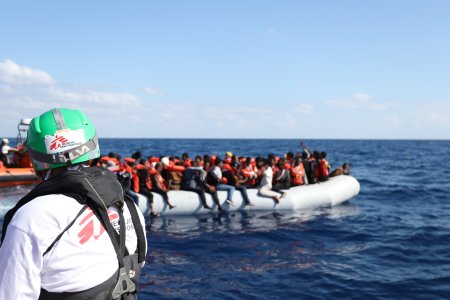 MSF/Mohamad Cheblak
Analysis
MSF/Mohamad Cheblak
Analysis
10/05/2023
Michaël Neuman
In Groupe URD's new issue of "Humanitaires en mouvement" (n°25), Michaël Neuman describes rescue operations in the Mediterranean and the strategies put in place by MSF to adapt to the constraints imposed by governments.
 Todd Brown
Interview
Todd Brown
Interview
06/30/2023
Bertrand Taithe
Fabrice Weissman
Mickaël Le Paih
The central question raised in this discussion relates to two profoundly intermeshed issues for humanitarian practitioners and organisations: the use of history for humanitarian organisations, and the need for them to preserve and maintain archives
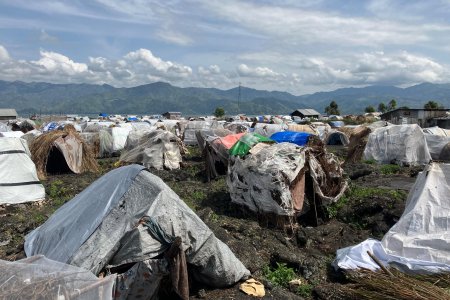 MSF/Michael Neuman
Opinion
MSF/Michael Neuman
Opinion
06/16/2023
Michaël Neuman
Michaël Neuman describes his visit to Goma’s IDP camps, where he spent two weeks. He shares his dismay at the low level of assistance provided by the aid sector, especially when we recall that the Sphere standards, born precisely out of the failure of the humanitarian response in this same region of Goma in the mid-1990s, were conceived and championed by all of us.
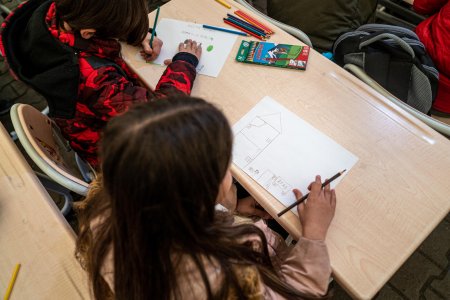 Mariana Abdalla/MSF
Analysis
Mariana Abdalla/MSF
Analysis
06/05/2023
Laure Wolmark
This article was published on March 27th, 2023 in the journal Alternatives Humanitaires, in an edition focused on mental health.
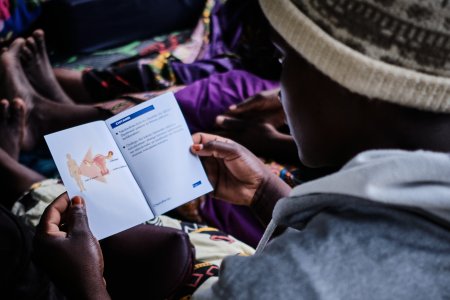 Diego Menjibar
Opinion
Diego Menjibar
Opinion
06/01/2023
Fabrice Weissman
Based on a reflection regarding how patient rights have changed, in France in particular, Fabrice Weissman discusses humanitarian medicine’s shortcomings in that regard and proposes several avenues for improvement at MSF. This text was originally posted on MSF’s associative website, The Souk.
 Djerabe Ndegrgar
Opinion
Djerabe Ndegrgar
Opinion
12/30/2022
Michel-Olivier Lacharité
This article was published on December 26th, 2022 on the Souk, the MSF associative website.
Accusing the mothers of malnourished children of being lawless fraudsters is a well-worn trope in malnutrition treatment programmes worldwide – and one that has resurfaced recently in Nigeria, stirred up by health workers and the media. These types of accusations obscure a series of tricky truths on the control of resources, the quality of malnutrition treatment programmes, and on the extreme precariousness in which many families live. We see all of this in northwest Nigeria’s Katsina state, where we are currently conducting the largest malnutrition programme in the history of Médecins Sans Frontières/Doctors Without Borders (MSF).
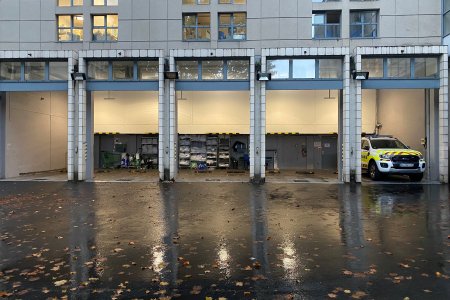 Olivier Guillard
Interview
Olivier Guillard
Interview
12/08/2022
Jean-Sébastien Marx
Olivier Guillard
Elba Rahmouni
“Death is an extremely grave non-emergency; its only treatment is mourning”. That is how doctor Miguel Martinez Almoyna introduces his concept of emergency. The retired 92-year-old anaesthesiologist played an active role in creating France’s SMUR, and later SAMU, emergency medical systems. Still quite active overseas (in Brazil and Mexico), where he has exported the French pre-hospital model, he explains his approach to régulation médicale, whose purpose is to guide patients to the medical services their condition requires while offering a range of responses corresponding to different degrees of severity and urgency.
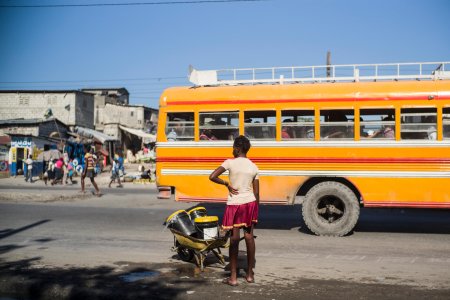 Corentin Fohlen
Articles
Corentin Fohlen
Articles











